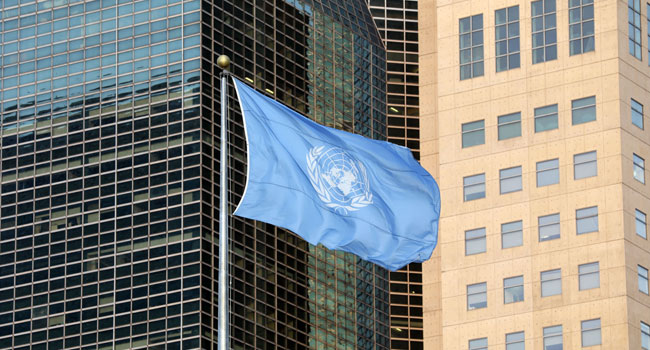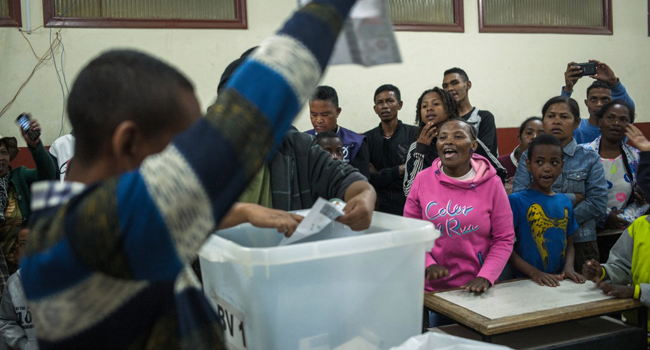
The UN’s World Food Programme (WFP) appealed on Tuesday for emergency aid of $35 million to fight hunger in southern Madagascar, hit by the coronavirus pandemic and a third consecutive year of drought.
“Some 1.35 million people are projected to be food insecure — 35 percent of the region’s population,” the WFP said in a statement.
“With severe malnutrition rates continuing to spiral and many children forced to beg in order to help their families eat, urgent action is required to prevent a humanitarian crisis.”
The economic impact of the Covid-19 pandemic has amplified the hit from a long-term drought, it said.
Seasonal employment has dried up, affecting rural families who saved this income to help them through the lean season, which peaks between January and April.
“To survive, families are eating tamarind fruit mixed with clay,” the statement quoted Moumini Ouedraogo, WFP’s Madagascar representative, as saying.
“We can’t face another year like this. With no rain and a poor harvest, people will face starvation. No one should have to live like this.”
The WFP currently provides food aid for almost half a million people in the nine hardest-hit districts in the south of the island, and intends to ramp this up to nearly 900,000 by June.
It is seeking $35 million (29 million euros) for emergency food and malnutrition programmes, including an initiative to feed schoolchildren so that they can stay in class rather than leave to seek work or beg.




